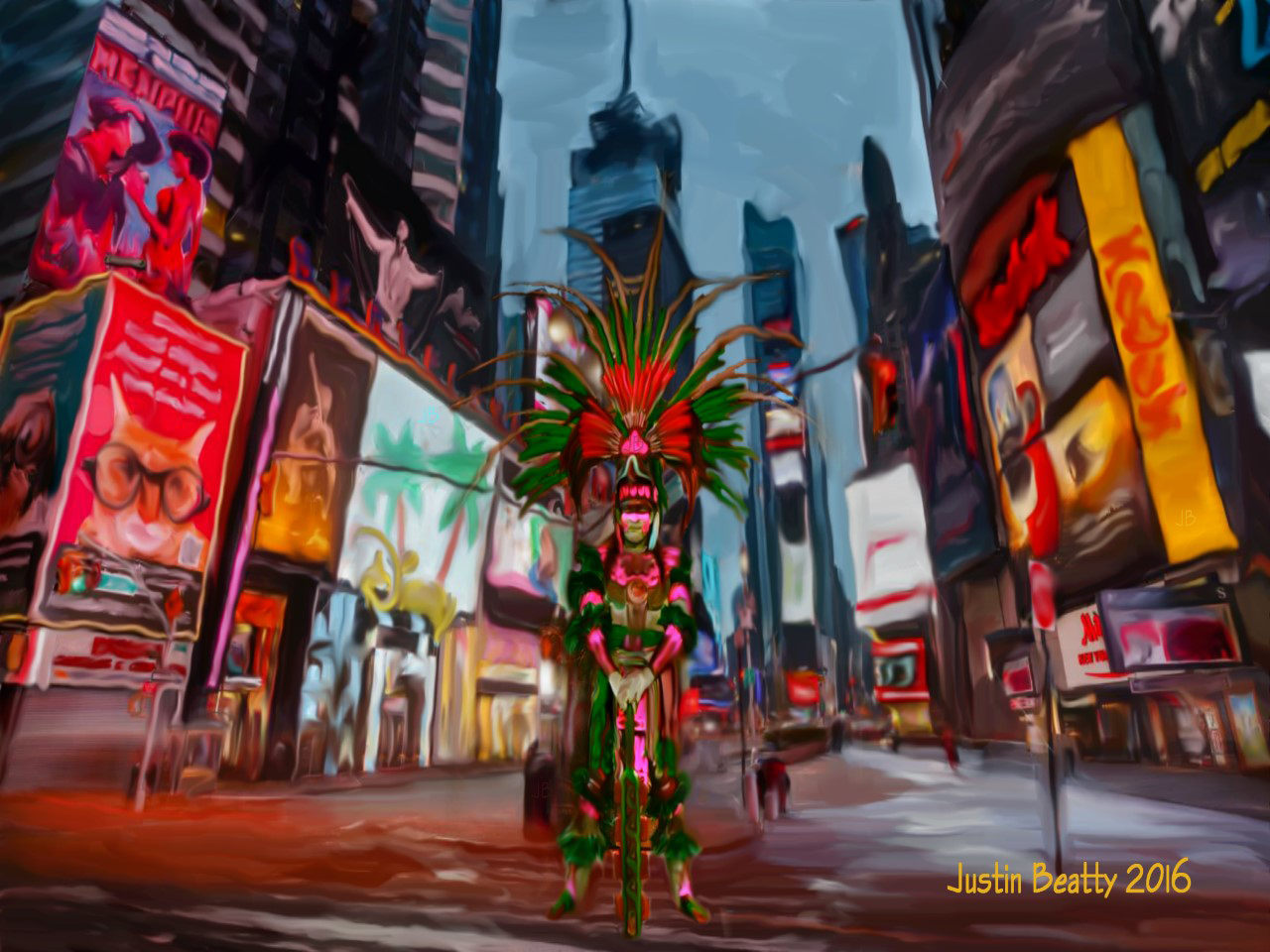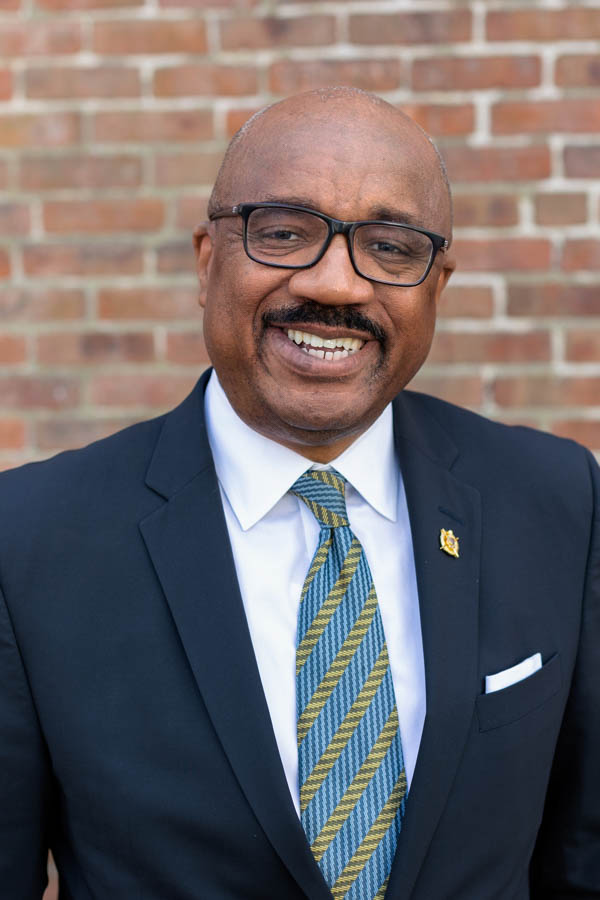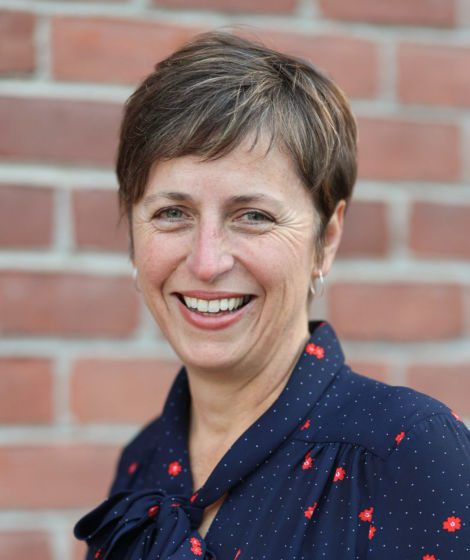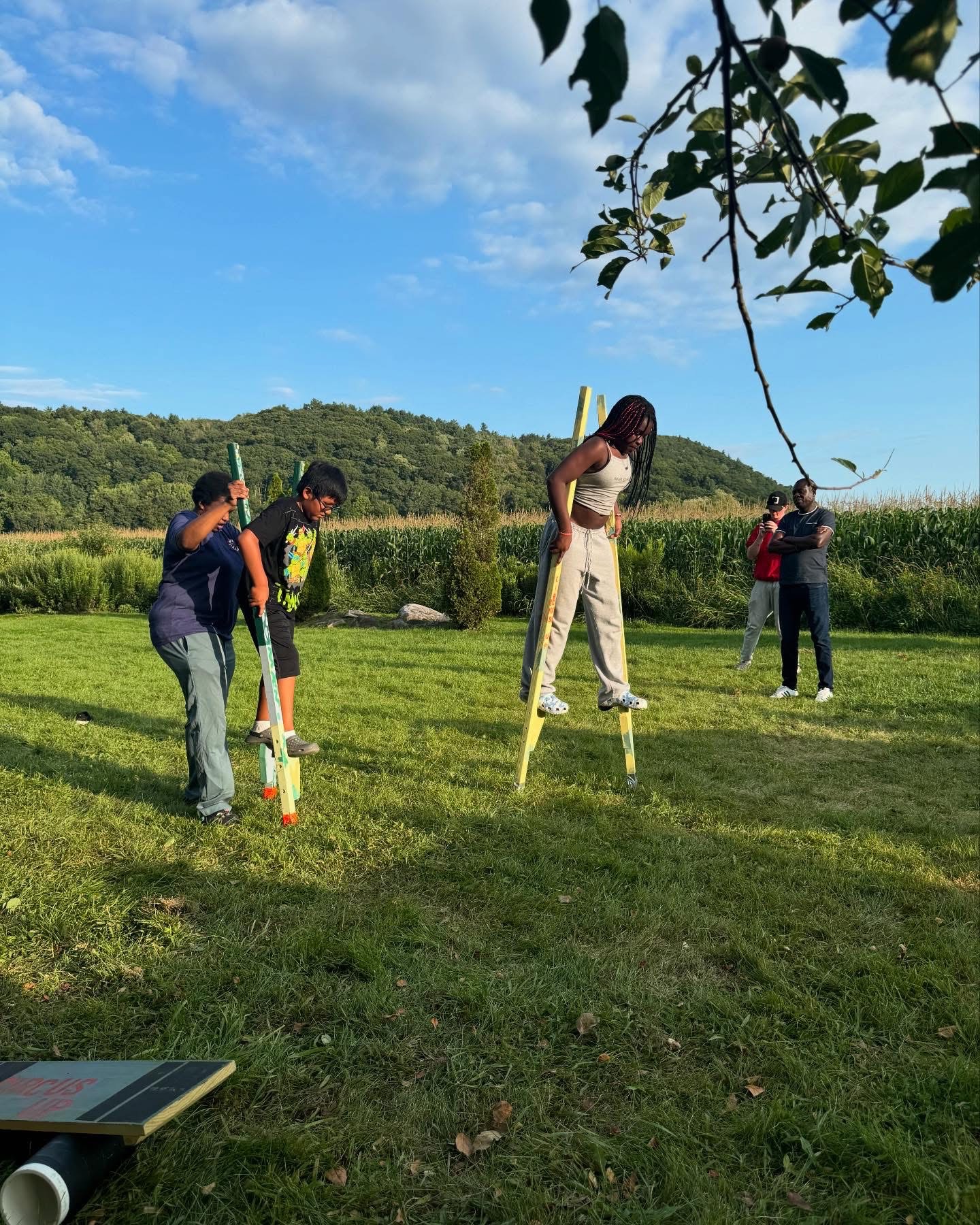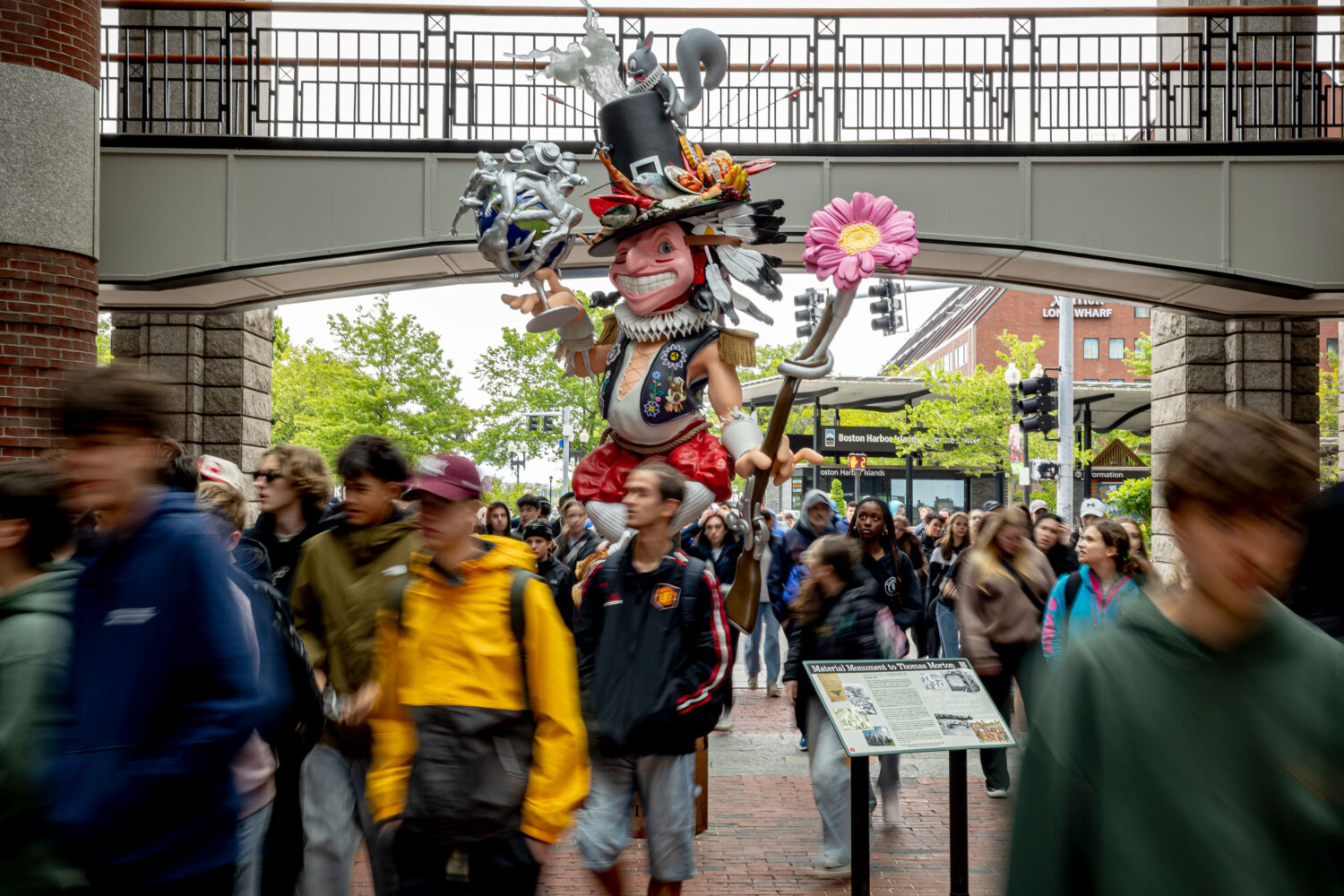Artists, and the cultural expression they create, are essential to the future of Massachusetts cities and towns. Communities must do our part to support their development, celebrate their work, and amplify their voices.
Justin Beatty makes visual art in Western Massachusetts based on his worldview as a person of Anishaabe (Ojibwe) and African American heritage. “We’re all related. We’re all relations – the humans, the animals, the trees, the grass, the water, they all encompass what it means to be a being on earth,” he said. “We’re not separate from the spiritual world even though we maybe can’t access it readily. The visual aspects of my art often try to evoke some of that sense of understanding.”

Justin is one of 60 artists to date who have received a working capital grant of $1,000 through the ValleyCreates initiative of the Community Foundation of Western Massachusetts. These funds are accompanied by coaching and workshops delivered in partnership with MASS MoCA’s Assets for Artists. “The workshops teach you about the business of being an artist,” Justin said, citing sessions on licensing, courting businesses that sell art, and marketing, including making better use of his website, as particularly valuable. “Doing business is not what art is about,” he stated. “But it is important for artists to learn to be business people.”
This support for individual artists brings broad benefits. “Launching a grants program that funds artists directly has strengthened our relationships with BIPOC artists across the Valley,” said Vanessa Pabon-Hernandez, a ValleyCreates advisor. “Organic collaborations are forming, and projects are evolving in ways we could not have anticipated.”
Chandrea Grant began dancing and writing poetry as a child after moving with her mother and siblings to New Bedford. Attending a free concert at age 14 sparked the idea of putting her words to music – and set Chan on a life path. “It inspired me to leap into arts,” she said. The concert was hosted by 3rd EyE Youth Empowerment, a nonprofit that engages young people through hip hop and other art forms, helping them grow through creative expression.

Today, Chan writes and performs across the hip hop, R&B, and pop genres. She choreographs and dances with a New Bedford troupe and hosts a collective of three young musicians, helping record and promote their songs. Chan is the driving force in a group of youth advocates who secured grant funding to take 16 local students on a cultural journey to the United Kingdom this summer. Her expansive interests include culinary arts: Chan is opening a food truck business based on a string of successes with pop-up food booths.
Chan’s lengthy relationship with 3rd EyE Youth Empowerment is woven into these endeavors. “The journey of life is lonely and can lead to depression and anxiety,” said Chan. “They have taught me the value of togetherness. And they helped me see that I don’t have to narrow my choices – I can be a musician and entrepreneur and still dance. They guided me in understanding I can put my mind to whatever I want to do.”
The 3rd EyE approach is to meet young people where they are, tying into the creative interests that intrigue them as a starting point for self-awareness, confidence, and empowerment. “We help them gain a perspective on limitations they perceive, and open their minds to new concepts,” said Peter Lonelle Walker, Program Director for 3rd EyE Youth Empowerment. “We know that young people can use their creative skills and interests to create a life for themselves, and to have an impact on others.”
SouthCoast Community Foundation supports 3rd EyE and other partners that champion BIPOC arts and culture through its “Building Blocks” program. The program combines grants, workshops, and expert assistance to help organizations across New Bedford and Fall River grow their abilities in strategic planning, fundraising, and financial management.
Our community foundations support BIPOC (Black, Indigenous, and People of Color) artists in ways illustrated through these examples. We recognize that, for too long, the talents and aspirations of BIPOC artists and their communities have not been a priority for philanthropy. Representation within established arts and culture institutions has been limited as well.
In fact, a sizable number of Massachusetts residents believe systemic racism is present in arts and culture organizations. A 2021 survey by Slover Linett Audience Research shows that, for example, 47% of all residents think systemic racism is present in history museums, and 42% think it exists in art museums. And these percentages increase substantially, to 83% and 78%, respectively, for residents who identify as Black or African American.
At a time when racism and inequity tear at the fabric of communities, BIPOC artists and the often-small organizations that support them are pursuing ways to elevate their work, expand their networks, and engage new audiences. Local donors, foundations, public agencies, and businesses can make a big difference by funding their efforts. These investments yield greater access to the arts and cultural expression of BIPOC communities – and help ensure that all voices are part of conversations that shape the trajectory of Massachusetts cities and towns.
Realizing a more equitable future, with places where everyone thrives, depends on bringing forward the hopes, creativity, and resiliency inherent in all population groups that call Massachusetts home. In this light, individual artists from diverse cultures are vital to the well-being of all Commonwealth communities. Their brilliance propels social, economic, and physical progress in the places we love.
This blog post was originally published as an op-ed on September 12, 2022 by Commonwealth Magazine under the title: “Supporting BIPOC artists helps grow communities”. It’s the second in a series of commentaries on arts in community authored by community foundation leaders who are partners in Barr’s Creative Commonwealth initiative.
